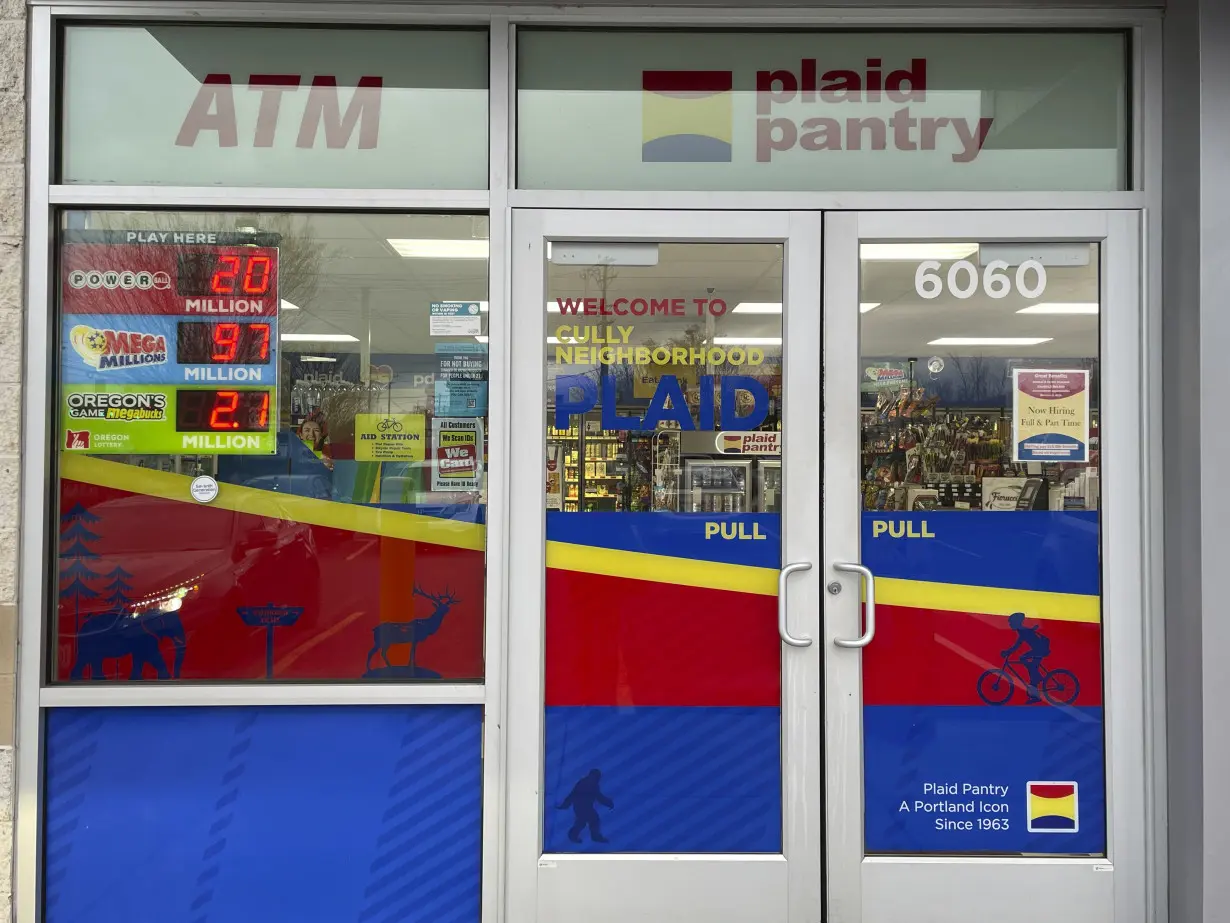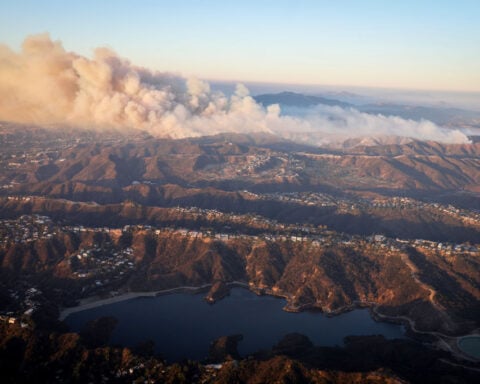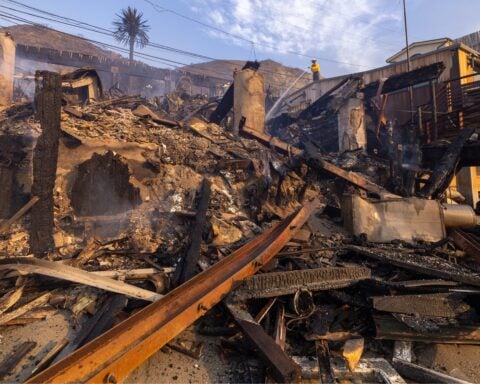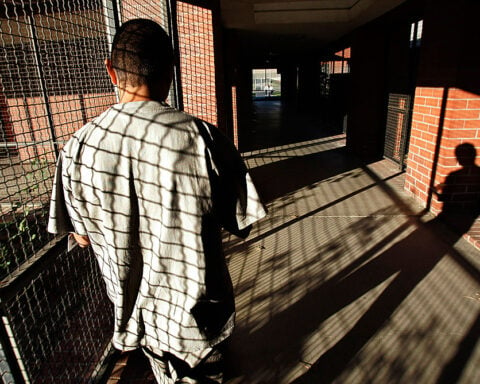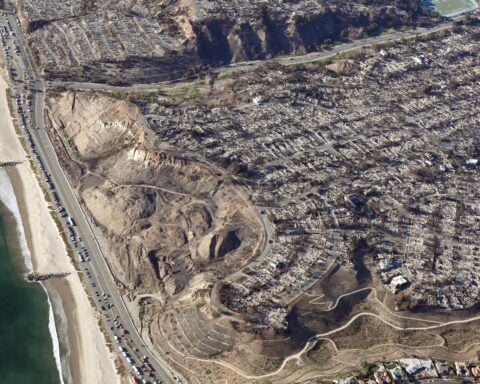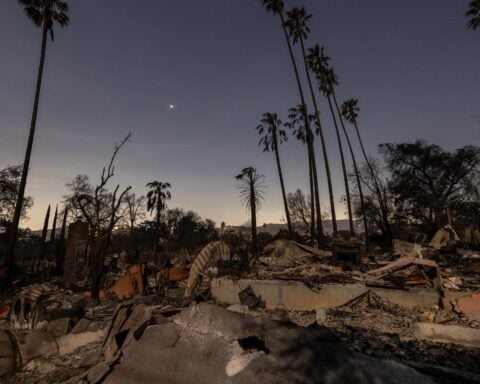A lucky ticket-buyer in Oregon has won a $1.3 billion Powerball jackpot, which was the eighth-largest lottery prize in U.S. history.
Should the winner who matched all six numbers forgo the rarely claimed option of a payout over 30 years, the lump-sum before taxes would be $621 million. Federal and state taxes would cut into the haul significantly, but what's left over will be more than enough to brighten anyone's day.
Here's what we know about the win so far:
The winner hasn't been announced or come forward yet.

Although the lucky buyer may have purchased the winning ticket while passing through, it was sold in a northeastern Portland ZIP code that's dotted with modest homes, the city's main airport and a golf course.
Lottery winners frequently choose to remain anonymous if allowed, which can help them avoid requests for cash from friends, strangers and creditors.
Oregon has no such law, but it gives winners up to a year to come forward. The state has had five previous Powerball jackpot winners over the years, including two families who shared a $340 million prize in 2005.
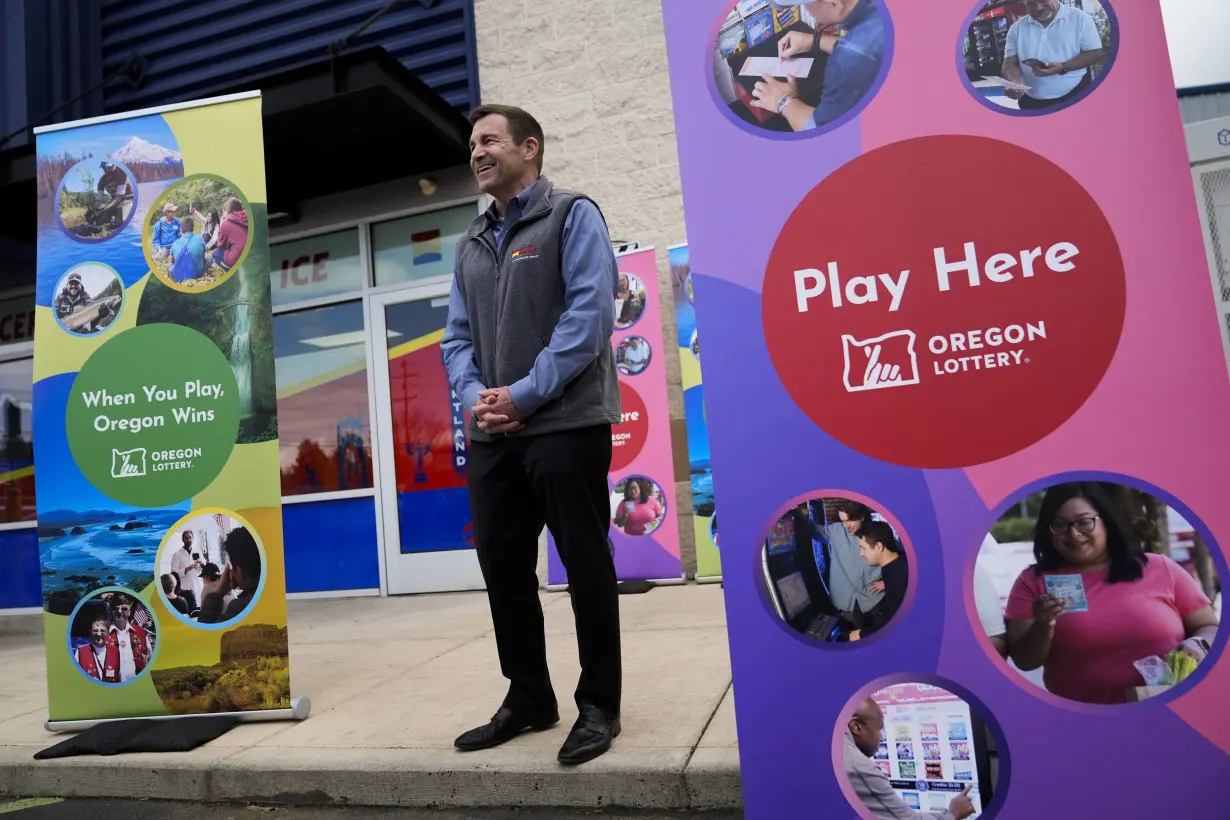
Laws for lottery winner anonymity vary widely from state to state. In California, the lottery last month revealed the name of one of the winners of the second-biggest Powerball jackpot — a $1.8 billion prize that was drawn last fall.
The odds of winning a Powerball drawing are 1 in 292 million, and no one had won one since Jan. 1. The 41 consecutive drawings without a winner until Sunday tied the game's two longest droughts ever, which happened in 2021 and 2022, according to the lottery.
The drawing was supposed to happen Saturday, but it didn't happen until early Sunday morning due to technical issues. Powerball needed more time for one jurisdiction to complete a pre-drawing computer verification of every ticket sold.
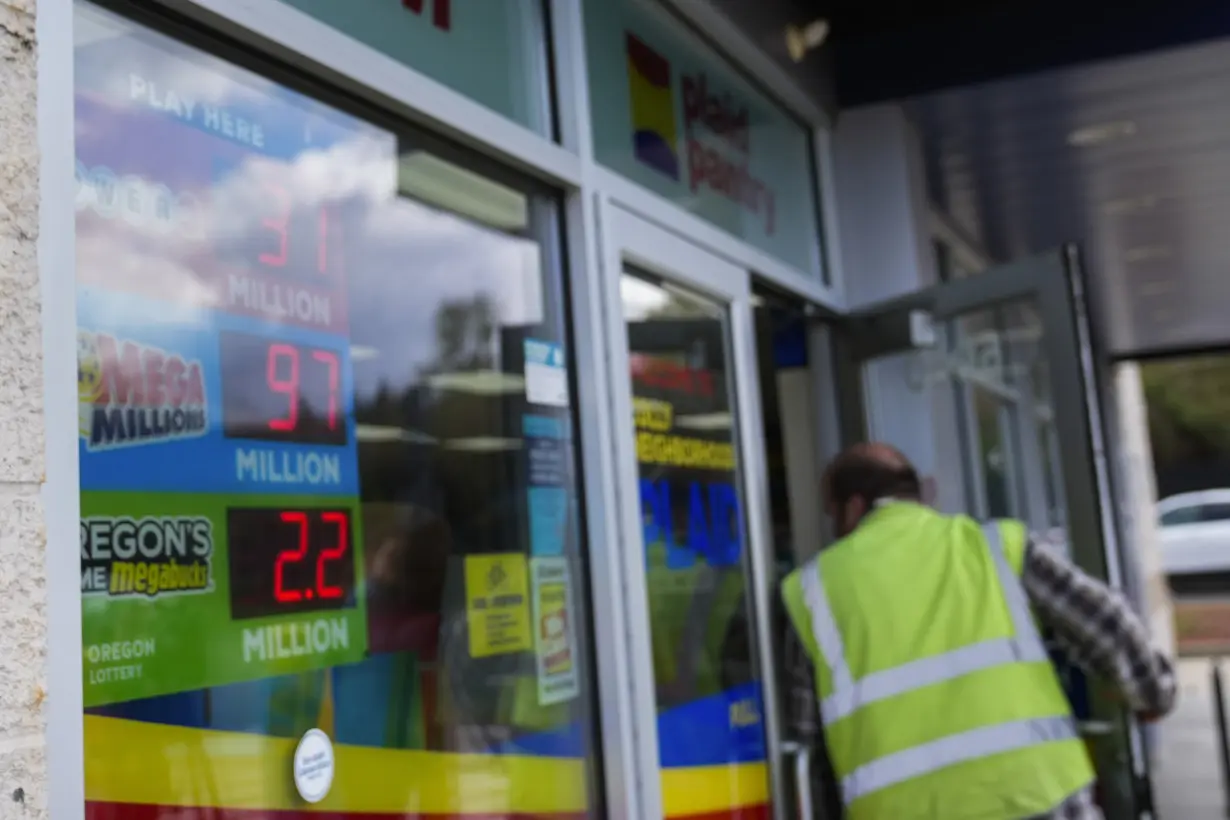
The odds of winning are so small that a person is much more likely to get struck by lightning at some point than to win a Powerball or Mega Millions jackpot even if you played every drawing of both over 80 years. Yet with so many people putting down money for a chance at life-changing wealth, somebody just did it again.
It's the eighth-largest lottery jackpot in U.S. history and the fourth-largest Powerball win — the other four were Mega Millions prizes. The largest jackpot win was a $2 billion Powerball prize sold to a man who bought the ticket in California in 2022.
Every state except Alabama, Alaska, Hawaii, Nevada and Utah, plus Washington, D.C., Puerto Rico and the U.S. Virgin Islands takes part in the two lotteries, which are run by the Multi-State Lottery Association.
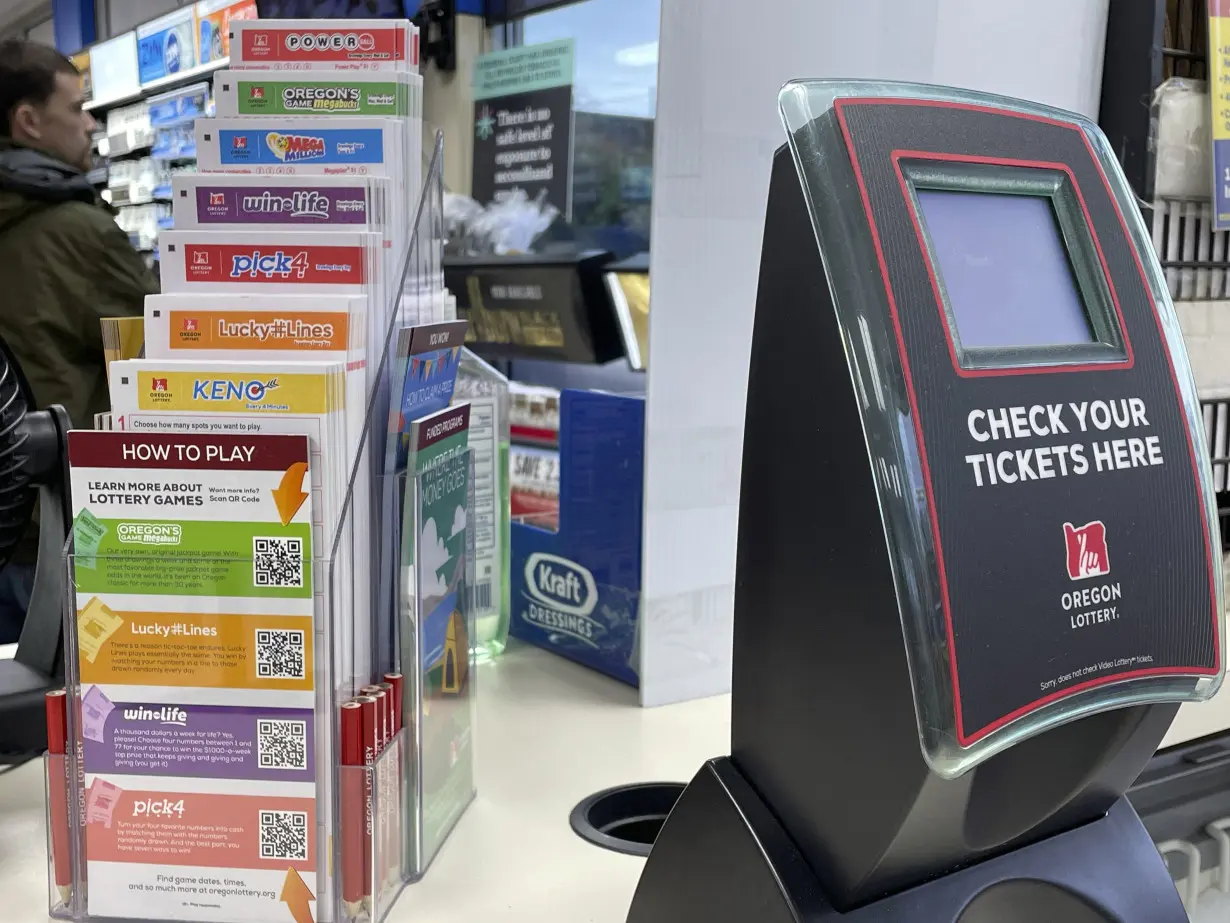
So how much is $1.3 billion?
If the winner got to take home the entire jackpot in a single payout and didn't have to pay taxes, it would still be nowhere near the $227 billion net worth of the world's richest person, Elon Musk. But it would still put the winner in the very exclusive club of the fewer than 800 billionaires in the U.S.
It would also be bigger than the gross domestic product of the Caribbean nations of Dominica, Grenada, and St. Kitts and Nevis. And it would be enough to buy certain professional hockey teams and would be more than Taylor Swift grossed on her recent record-breaking tour.
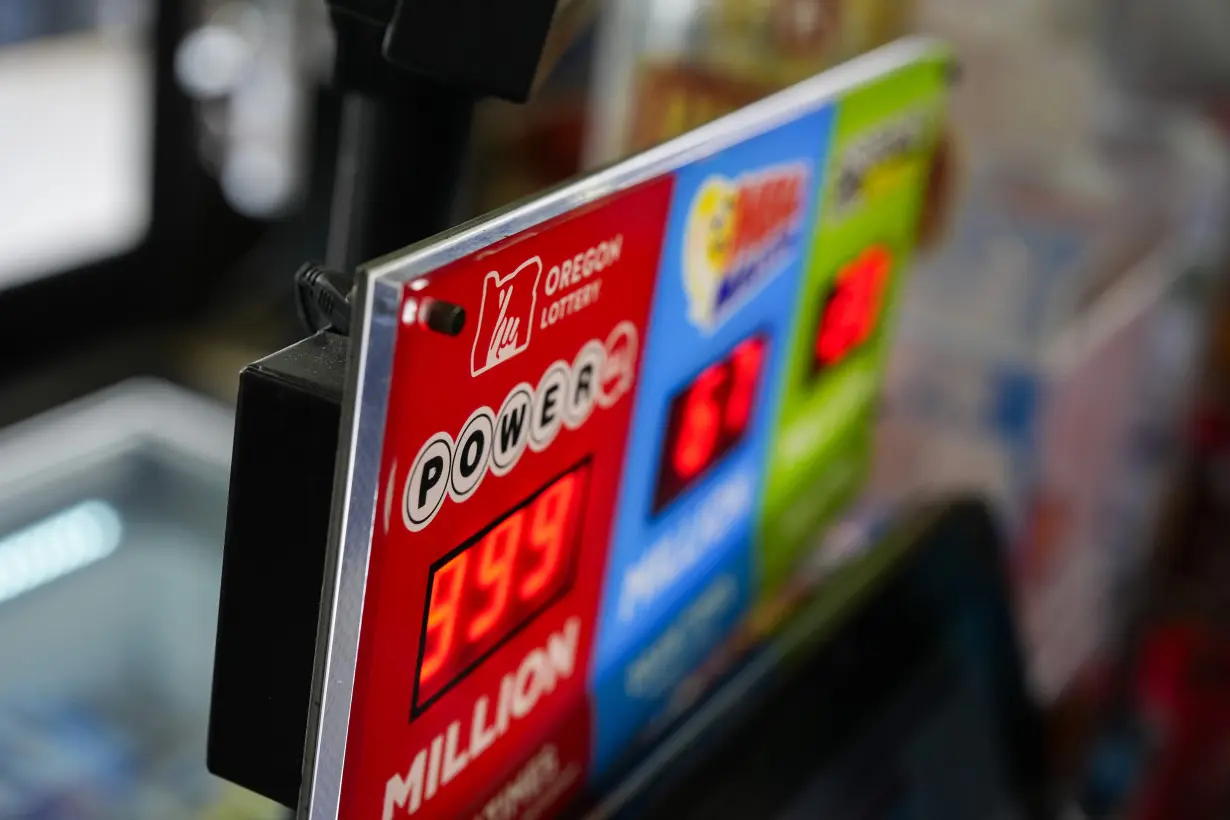
They're as inevitable as winning the Powerball jackpot is not.
Even after taxes — 24% federal and 8% Oregon — the winner's lump-sum payment would top $400 million, or the minimum cost to rebuild the recently destroyed Francis Scott Key Bridge in Baltimore.
For somebody, it's a bridge to a new life.

 Edmunds highlights the top car-tech trends from CES 2025
Edmunds highlights the top car-tech trends from CES 2025
 Joann files for bankruptcy — again
Joann files for bankruptcy — again
 German economy, Europe’s largest, shrinks for second straight year
German economy, Europe’s largest, shrinks for second straight year
 Australian Open: Last year’s finalist Zheng Qinwen stunned in biggest upset so far
Australian Open: Last year’s finalist Zheng Qinwen stunned in biggest upset so far
 Comoros ruling party wins parliamentary elections, opposition rejects results
Comoros ruling party wins parliamentary elections, opposition rejects results
 Confused about all the tax changes in the past decade? Just wait
Confused about all the tax changes in the past decade? Just wait
 US inflation likely remained elevated last month, threatening interest rate cuts
US inflation likely remained elevated last month, threatening interest rate cuts
 Coors Light is changing its name
Coors Light is changing its name
 Tiger Woods’ son Charlie chuckles while watching his dad suffer heavy defeat in TGL debut
Tiger Woods’ son Charlie chuckles while watching his dad suffer heavy defeat in TGL debut
